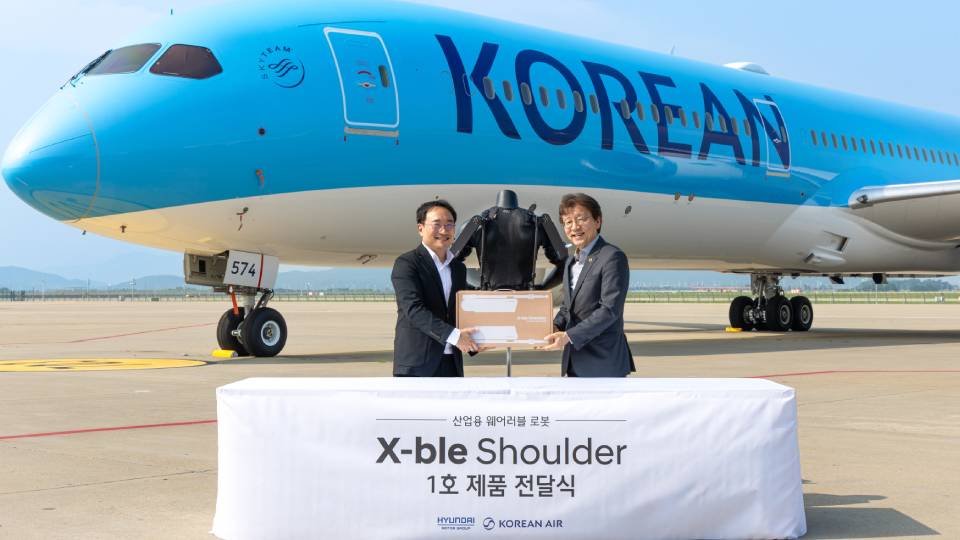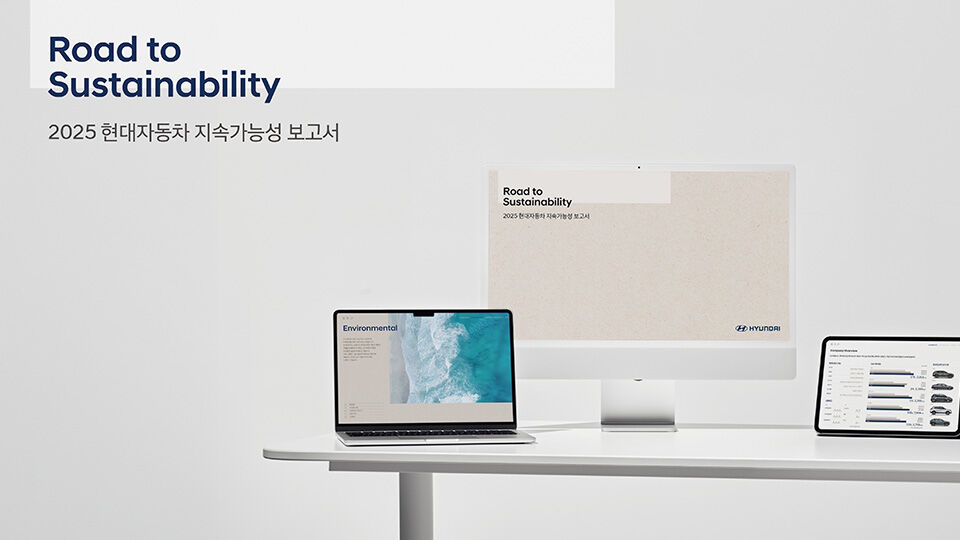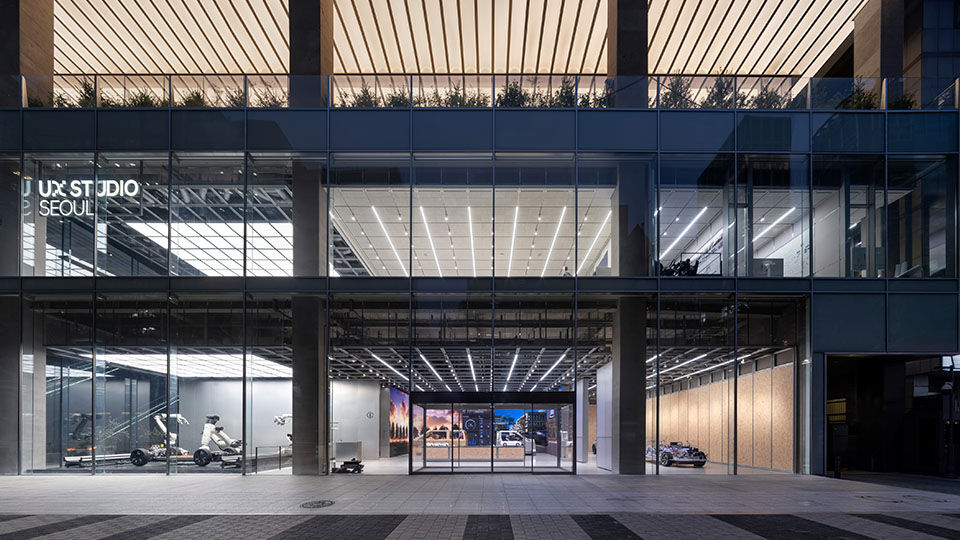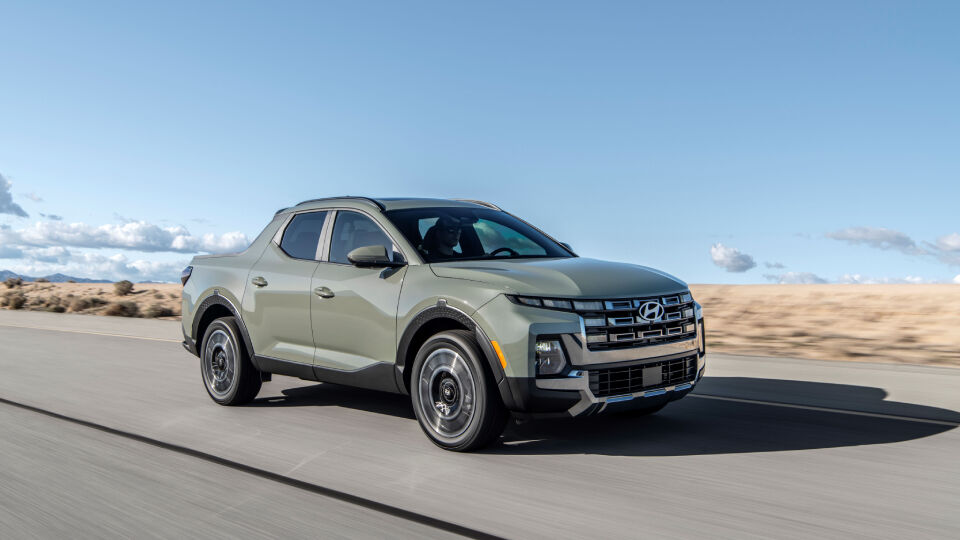Hyundai Worldwide Global Navigation
Hyundai Motor Company has completed the development of the IONIQ 9-based Seed Ball Drone Station to support forest restoration projects in Korea, following the launch of the IONIQ 5 Monitoring Drone Station in 2023.
In a test facility near Boston Dynamics’ headquarters in Waltham, Massachusetts, a robotic arm deftly sorts boxes, placing them gently on a conveyor belt.
Hyundai Motor Company today unveiled IONIQ 6 N to the world at the Goodwood Festival of Speed, marking a pivotal milestone in Hyundai N’s electrification journey.

















